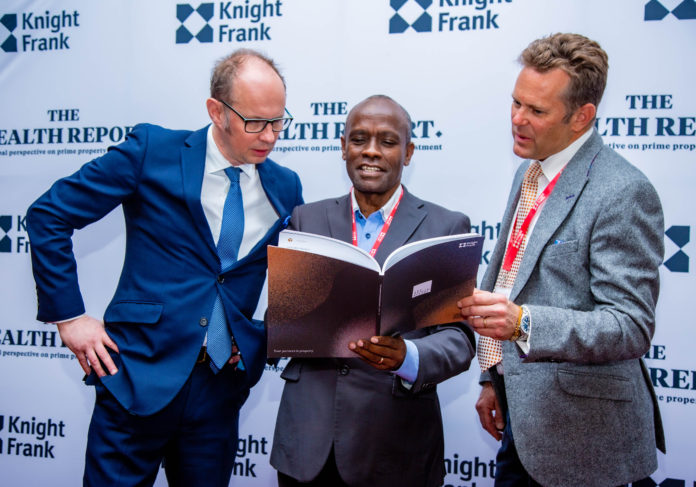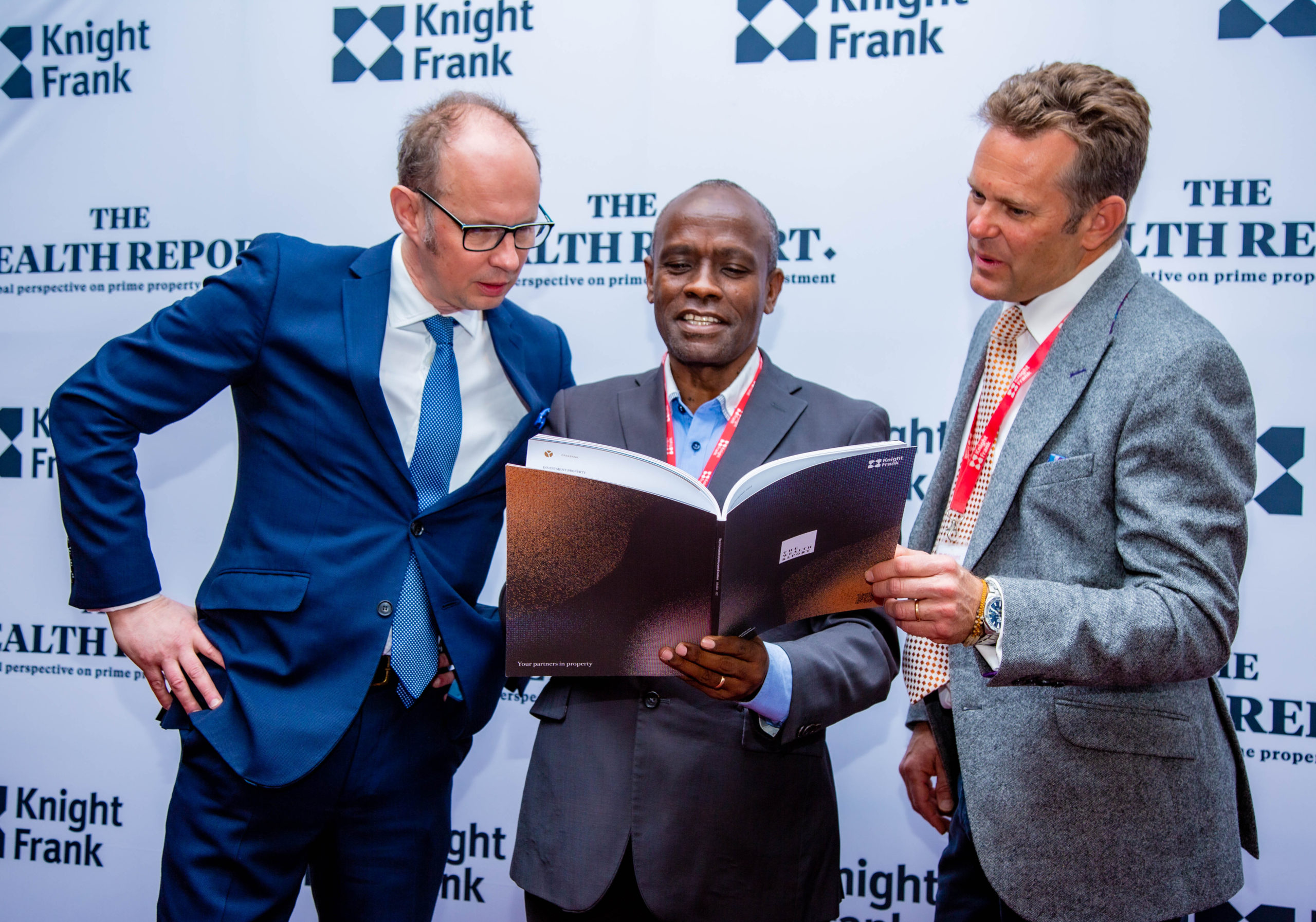
By Clifford Akumu
Nairobi, Kenya: Access to better investment opportunities, healthcare, and quality education overseas are pushing nearly a third of wealthy Kenyans to seek a second passport or new nationality-report finds.
The Knight Frank Wealth Report 2022 finds that 28 percent of Kenyan dollar millionaires-who numbered 3,362 at the end of 2021-are planning new nationalities. Globally, 15 percent of dollar millionaires seek additional or changed nationalities.
However, the proportion of Kenyans seeking foreign passports is not the highest for Africa, with 31 percent of HNWIs in South Africa seeking a second passport, and 44 percent of HNWIs in Nigeria.
“Amongst Kenyans seeking new passports, the proportion interested in reducing their tax bills, enhancing their safety, or getting a better quality of life is much the same as for the wealthy globally. The big difference for Kenya’s dollar millionaires is the proportion of new nationality applications for investment purposes, and in pursuit of better education and better healthcare for themselves and for their families,” said Andrew Shirley, editor of The Wealth Report at Knight Frank during the launch in Nairobi.
Of Kenyans seeking new passports, around 59 percent are doing so as an investment, against a global average of 17 percent, while 38 percent cite education as a driver, compared with 18 percent worldwide. Meanwhile, 34 percent are seeking better healthcare, compared with 13 percent worldwide.
This balance of motivations contrasts with the rest of Africa, where 63 percent of the HNWIs applying for second nationalities are seeking increased safety and a better life.
“This rising trend of ‘nationality planning’ from our own wealthy is highly focused as a route to best-in-class investments, education, and healthcare, with property investments making up a significant component of that investment,” said Ben Woodhams, Knight Frank Kenya Managing Director.
Kenyan High-net-worth individuals (HNWIs) are far more likely to be residential and commercial landlords than average.
This difference is most notable in commercial property investments, accounting for around 49 percent of the wealth held by Kenya’s most wealthy individuals, but only around 27 percent of the assets of the wealthy worldwide.
The report shows the number of Kenyans with a net worth of at least $1 million (Sh113.9 million) grew by 39 last year from 3,323 in 2020 and is expected to hit 4,274 by 2026.
However, Kenyan millionaires are unusual in holding such a high proportion of their assets in their own country, owning an average of just 19 percent of their property portfolio overseas, compared with an average across all HNWIs of 32 percent.

“Overall, the shift to nationality applications driven by the principle aim of investment and from an established platform of preference for property ties with the interest by Kenya’s wealthy in owning properties overseas. Their long-standing preference for investing in property at home is now extending to real estate investments in the US, UK, Australia, and UAE,” said Andrew.
Africa, South Africa is home to the biggest number of high-net-worth individuals at 31,852. This wealth base has been built on natural resources, industry, and finance.
It is followed by Nigeria at 28,996 and Egypt at 15,740 individuals, with both countries being oil producers. Egypt is also a major manufacturing and agriculture hub.
In East Africa, Tanzania trails Kenya with 2,599 dollar millionaires, while Uganda has 1,704.













